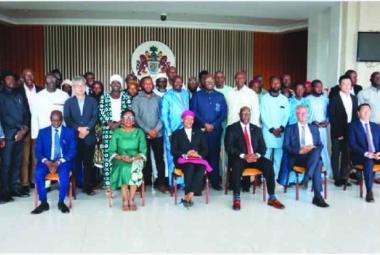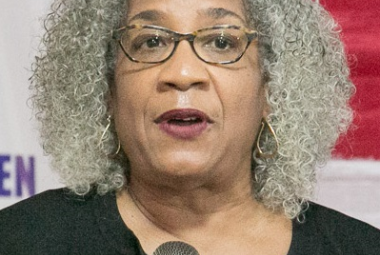- Experts Warn Against Frequent Bushfires
By Alhagie Babou Jallow
In the wake of the recent inferno in Foni and its catchment area, and the fact of the frequent bushfires that plague this country in the build to the rainy and farming seasons, local experts in agriculture and environment sectors have shared their views to Gambia Daily on its consequences on wild life, and food security, as well as the solution.
The Director General of the Department of Agriculture Dr Sheiku Sanyang, advised that concerted efforts need to be made to prevent the frequent bush fires in the country.
Uncontrolled bushfires he said can cause significant losses to crops and farming infrastructure; such as inadequate water, and soil moisture, which are very important in farming.
“Trees are very vital in our life. If we neglect it there will no productivity farming”.
He said bushfires can reduce water availability through damage to water infrastructure. “Water quality and quantity in water catchments can also be affected by bushfire both in the short and long terms. We must protect the trees all the time”.
He went on to explain that large-scale high intensity fires that remove vegetation in catchment areas expose topsoil to erosion and increased run off.
“This impacts water quality through increased sediment and nutrient concentrations in waterways, potentially making water supplies unfit for human consumption. In the long-term fire can also affect water flow in forested catchments. As the forest regenerates after the fire the new active growth uses more water than the mature trees they have replaced,” Dr Sanyang elucidated.
Ebrima O Jallow, the President of National Livestock Owners’ Association (NaLOA) The Gambia raised concern about lack of adequate grass for his cattle mainly due to fire outbreaks and desertification. If bushfires continue the way we see it without swift action it will be detriment to our animals. If there is no grass for our animals they will die of starvation. The only solution to that is to migrate them to another country like Senegal. Lack of enough grass reduces the quality of meat because if the cows will not be healthy,” he lamented





